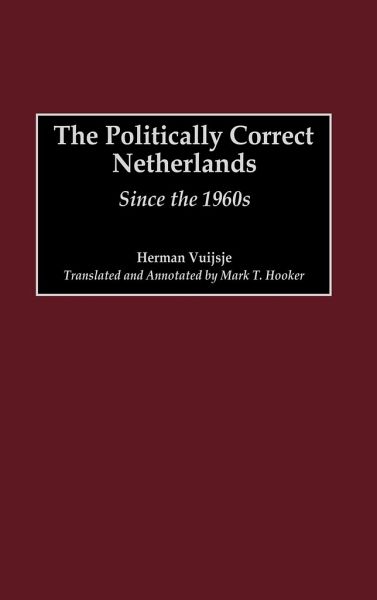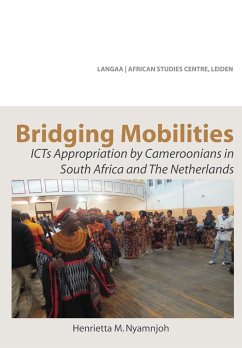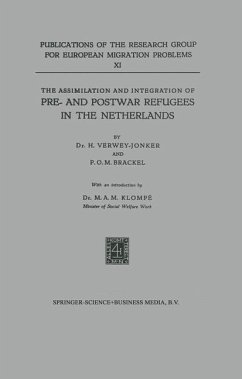
The Politically Correct Netherlands
Since the 1960s
Versandkostenfrei!
Versandfertig in 1-2 Wochen
87,99 €
inkl. MwSt.

PAYBACK Punkte
44 °P sammeln!
In the 1960s, the Netherlands became known as an anarchists social laboratory, producing one of the earliest examples of political correctness. Strong taboos in areas such as governmental control, privacy, and racial relations were the rule. While the Netherlands has become a country with a large degree of personal freedom, the ideas that originated in the openness of the 1960s have since spilled over from the private into the public sphere, resulting in an era of anxious conformity. Vuijsje, a Dutch journalist, examines why notions of political correctness became so strongly ingrained in the ...
In the 1960s, the Netherlands became known as an anarchists social laboratory, producing one of the earliest examples of political correctness. Strong taboos in areas such as governmental control, privacy, and racial relations were the rule. While the Netherlands has become a country with a large degree of personal freedom, the ideas that originated in the openness of the 1960s have since spilled over from the private into the public sphere, resulting in an era of anxious conformity. Vuijsje, a Dutch journalist, examines why notions of political correctness became so strongly ingrained in the Netherlands and how the results have not always been positive. The ideology of political correctness created totems and taboos that made it difficult to deal with, or even signal the presence of, the real problems in Dutch society. This has often led to a worsening of the situation for precisely the social groups that society wanted to protect, such as racial minorities. Vuijsje traces this issue back to historical conditions that include: the public feeling of guilt about the large number of Dutch Jews killed in the war; the scope and duration of the baby boom; and the continuing Dutch prosperity. This study is an essay on the way that the Dutch government and its officials have functioned over the last thirty years and on the changing relationship between the authority of the state and its citizens. Fully annotated to make it accessible to those less familiar with Dutch society. Vujisje's book offers a perspective of the issue of political correctness that has been muted in the American discussions of the issue and that is especially refreshing. His book is of interest not only to student of the Netherlands but also to students of Western society as a whole.












